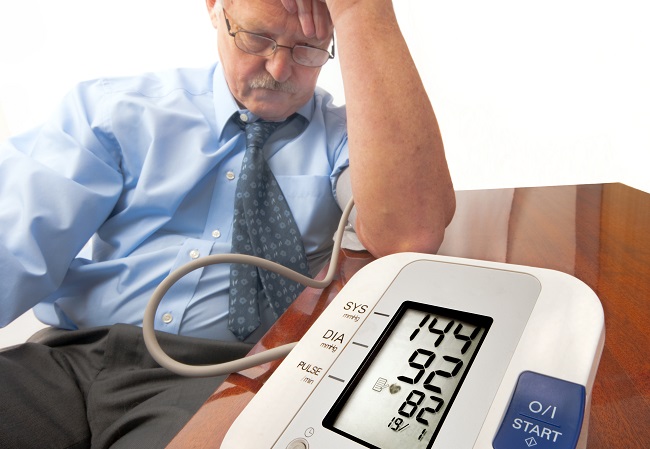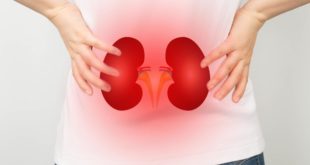
Managing high blood pressure is crucial for reducing the risk of heart disease, and you might be surprised to learn that you can effectively control it through lifestyle changes alone. Here are ten practical steps to help lower your blood pressure and keep it in check, as recommended by the Mayo Clinic.
1. Lose Extra Weight and Watch Your Waistline
Excess weight can raise blood pressure and lead to conditions like sleep apnea, which further elevates blood pressure. Losing even a small amount of weight can help reduce your blood pressure. Men should aim for a waist measurement of less than 40 inches and women less than 35 inches, though these numbers can vary by ethnicity.
2. Exercise Regularly
Engaging in regular aerobic exercise, such as walking, jogging, cycling, swimming, or dancing, can lower blood pressure by about 5 to 8 mm Hg. Aim for at least 30 minutes of moderate physical activity daily. Strength training twice a week can also contribute to lowering blood pressure.
3. Eat a Healthy Diet
A diet rich in whole grains, fruits, vegetables, and low-fat dairy, while low in saturated fat and cholesterol, can reduce high blood pressure by up to 11 mm Hg. The DASH and Mediterranean diets are excellent options. Incorporate potassium-rich foods to counteract the effects of sodium.
4. Reduce Salt and Sodium in Your Diet
Limiting sodium intake to 2,300 mg or ideally 1,500 mg per day can significantly lower blood pressure. Read food labels, reduce processed foods, and cook meals at home to control sodium levels.
5. Limit Alcohol
Moderate alcohol consumption can help lower blood pressure. Limit intake to one drink a day for women and two for men. Excessive drinking can increase blood pressure and reduce the effectiveness of blood pressure medications.
6. Quit Smoking
Smoking raises blood pressure and quitting can help lower it. Additionally, stopping smoking reduces the risk of heart disease and improves overall health.
7. Get a Good Night’s Sleep
Poor sleep can contribute to high blood pressure. Aim for 7 to 9 hours of sleep per night. If you struggle with sleep disorders like sleep apnea or insomnia, seek treatment to improve your sleep quality.
8. Ease Stress
Long-term stress may contribute to high blood pressure. Identify stress triggers and find ways to manage them. Practice relaxation techniques, prioritize tasks, and make time for activities you enjoy to reduce stress.
9. Track Your Blood Pressure at Home and Get Regular Checkups
Regular monitoring of your blood pressure at home can help you track your progress and ensure that lifestyle changes are effective. Regular visits to a healthcare professional are also essential for maintaining control over your blood pressure.
10. Control Your Cholesterol and Blood Sugar
High cholesterol and blood sugar levels can increase the risk of heart disease. Maintain a healthy diet, exercise regularly, manage your weight, and avoid smoking to keep cholesterol and blood sugar levels in check.
Adopting these lifestyle changes can help you manage your blood pressure and reduce the need for medication. Remember, it’s a long-term commitment, and support from family, friends, or support groups can be invaluable. Start making these changes today for a healthier heart and a better quality of life.
 GhArticles.com Every News in Detail
GhArticles.com Every News in Detail



